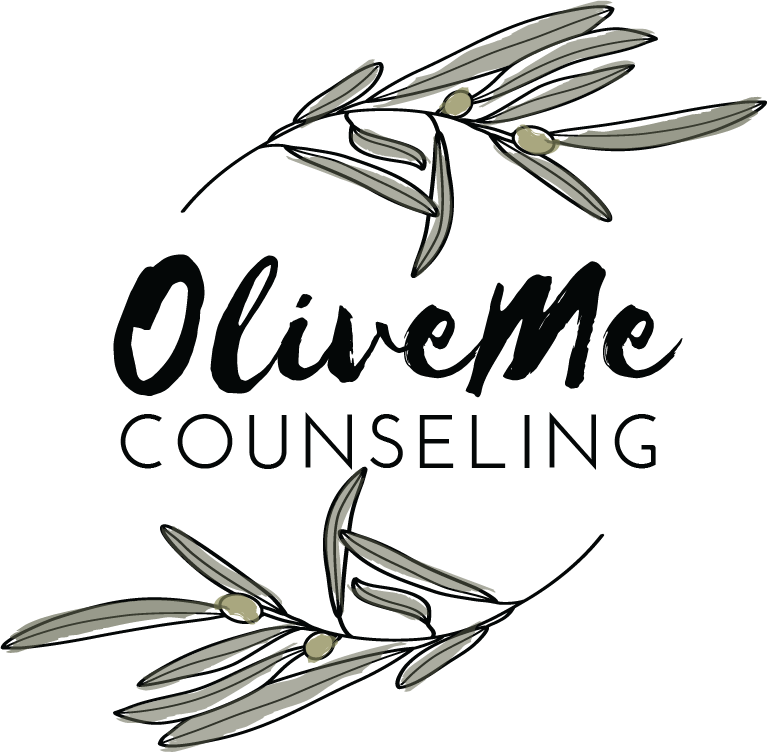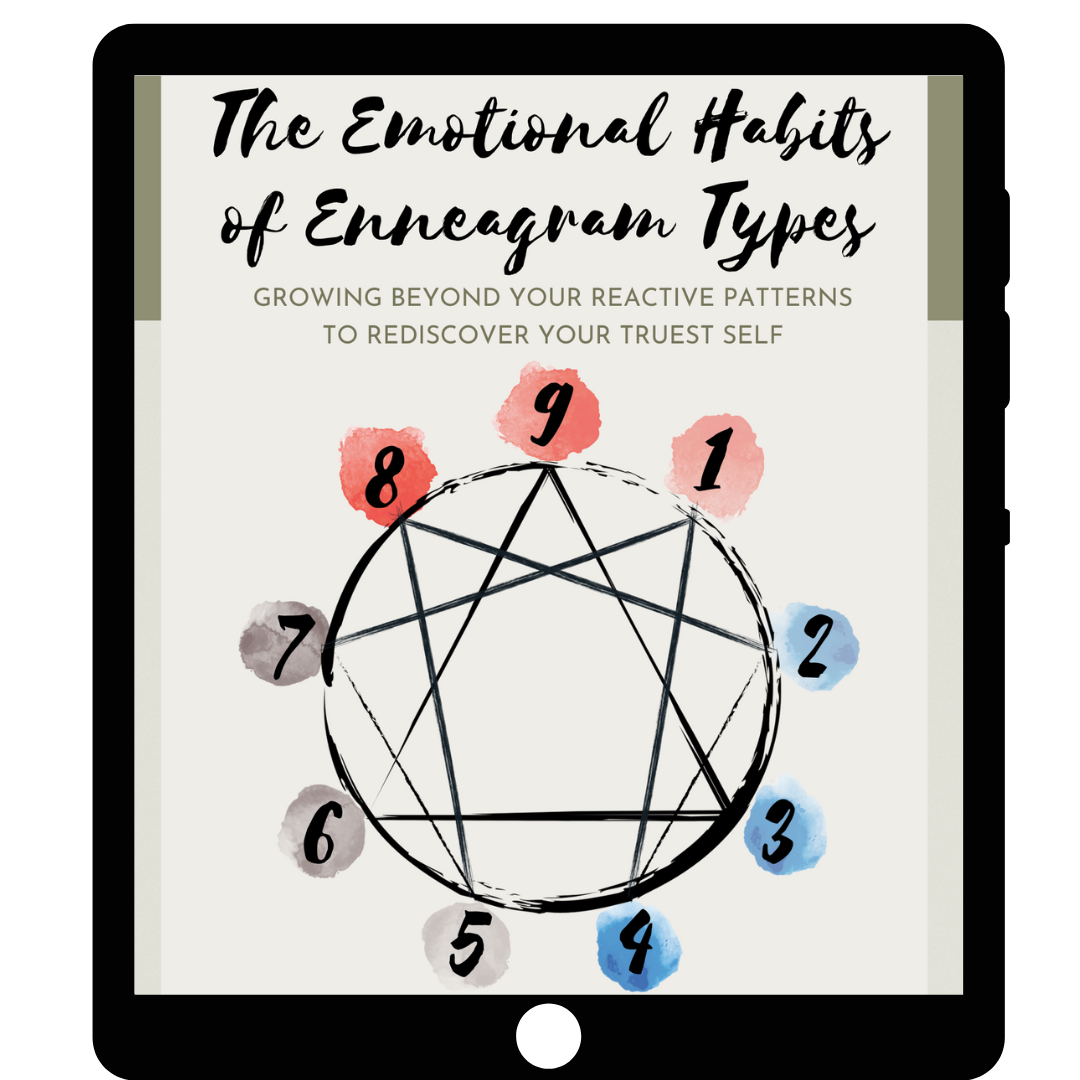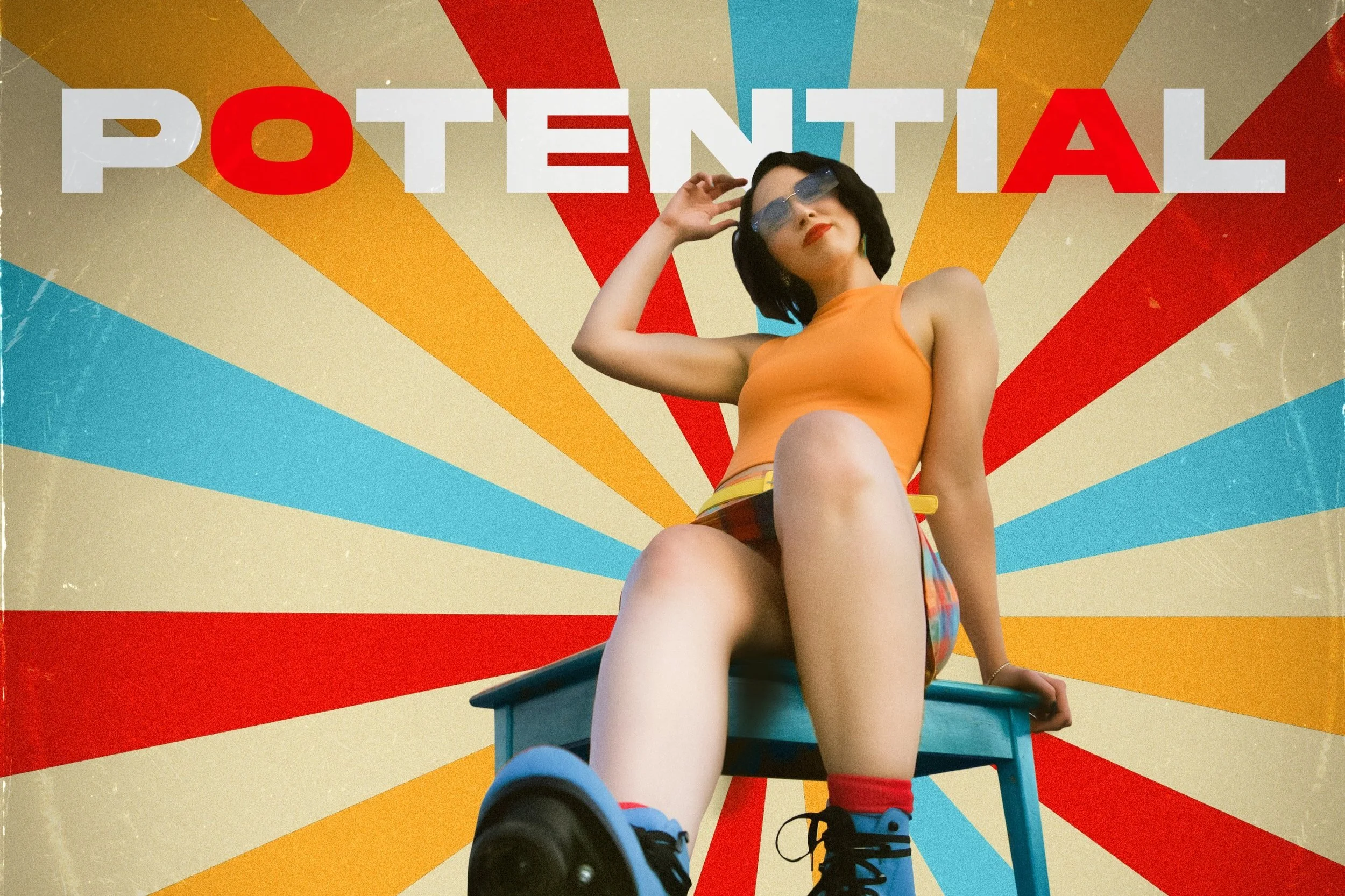"True self-care is not salt baths and chocolate cake, it is making the choice to build a life you don't need to regularly escape from." [Brianna Wiest]
It is a regular rhythm of mine to sign up for 2-3 courses throughout the year for personal and/or professional development.
In 2022, I did:
Inner Work Retreat B - Chestnut Paes Enneagram Academy
Space Holder/Side Hustle - Marissa Lawton
Million Dollar Year - Dow Janes
Each of these kinds of courses range from $2,000-6,000, but after taking them, this feels like chump change.
As a firstborn daughter of an immigrant family with zero generational wealth, I've learned how to take care of my own needs myself (if at all). I've learned a lot of survival mindsets and strategies along the way, including,
"If I don't do it, no one will - I can't rely on others."
"I need to be on top of this, because otherwise one surprise is going to make it all crumple."
You'd be surprised as to just how this paradigm showed up in all aspects of my life - physical, emotional, psychological, relational, financial, etc.
I'm taking these courses not just because I want a certain concrete outcome, but mainly as an act of declaring that I am worth healing and nurturing, too.
I used to see the prices on these courses and think, "that's too expensive," "X is going to judge or be mad at me," or "I don't think I'm worth this much."
After many years of taking out the head trash, I am now comfortably in a place personally to build these into my annual budget. I don't have a ton of cash to just drop for random things, but I've learned to be really intentional with my time, energy, and money to make it count.
(Actually, being more anchored internally has helped me make better money/business decisions so that I DO now have cash dedicated for this without sacrificing other important things. Inner remodeling leads to external reconstruction. THIS is why I'm so obsessed with the idea of a FLOW state: minimal input, maximum impact.)
I'm not here to tell you you should "just TREAT YOSELF" by buying this and that, taking luxurious vacations that put you in further debt and stress you out the remaining 50 weeks of the year.
I am encouraging you to consider whether your small daily decisions are leading you to a vicious cycle of stress and reactivity or virtuous cycle of healing, freedom, and joy.
A one degree shift leads to MILES of change over a long period of time. Take 15 minutes sometime this week to consider:
Are my daily decisions REACTIVE or PROACTIVE?
What is one thing I can do this week to shift my life trajectory towards the better?
If you want some help with this, here are some resources:
Atomic Habits (book)
Enneagram Guide to Waking Up (book)
Million Dollar Year (shoot me an email if you want a $100 code!)
What are your Enneagram type's emotional habits?
Grab this free guide that shows you how to grow beyond the patterns that keep you stuck!
Don't know your Enneagram type?
Find yours here!
© Copyright 2023 Joanne B. Kim. All rights reserved.
JOANNE B. KIM, LMFT
Joanne is a Licensed Marriage & Family Therapist and Certified Brainspotting Practitioner in San Jose, CA. She helps people EXHAUSTED by anxiety, shame, and an allergic reaction to anger create VIBRANT relationships where they matter, too.
Many of her clients are:
(1) the highly responsible, conscientious, and empathic types
(2) Enneagram Type Ones, Twos, Fours, or Nines
(3) Highly Sensitive Persons (HSPs)
The most common words spoken by those who’ve sat with Joanne:
“I thought it was just me. I’m NOT crazy!”
“I can finally figure out what to do with all these feelings!”







































I was a panelist at the EnneaSummit 2024 for the Enneagram Practitioner Panel.
In this panel, we share our experiences and observations about what different Enneagram types think they need in therapy, what they actually need, and some important growth steps so they can grow beyond their type.